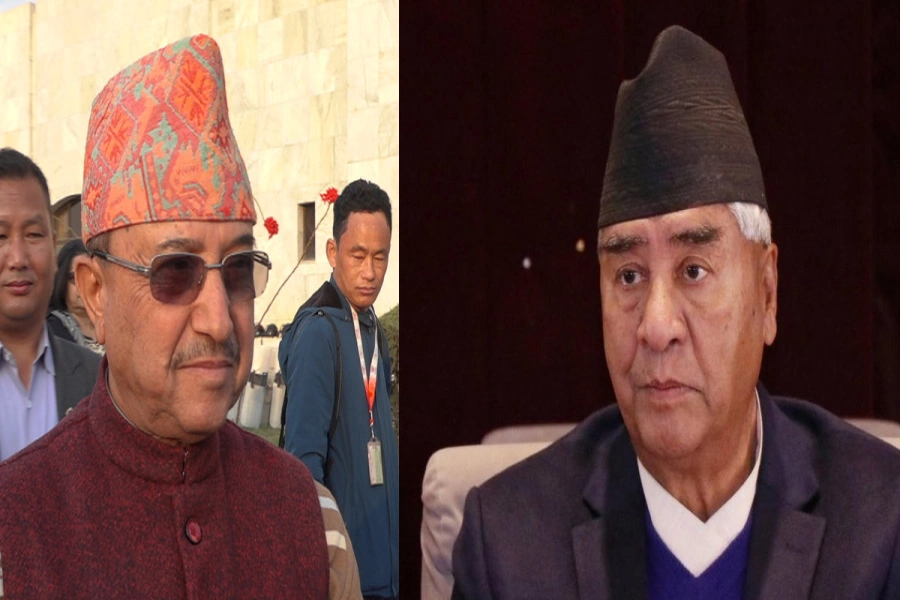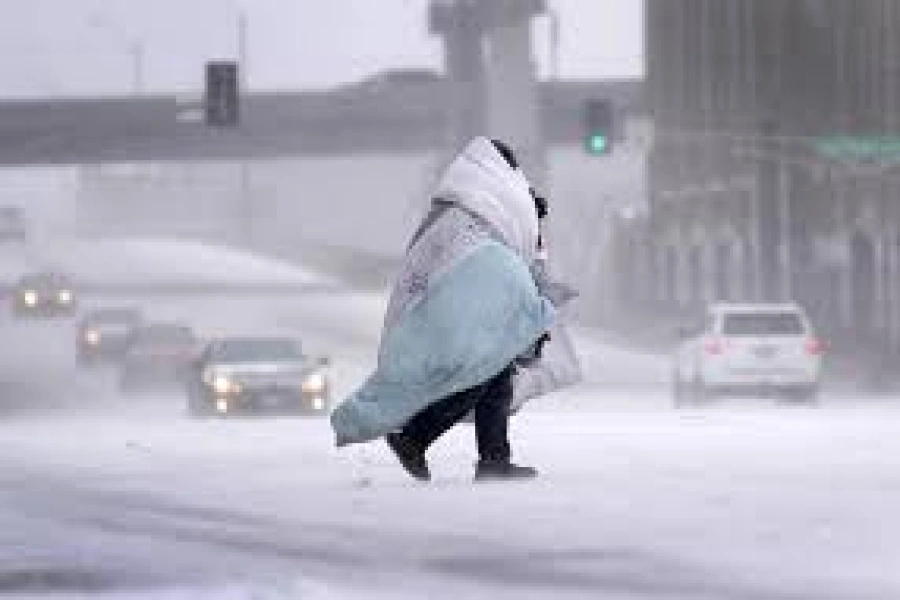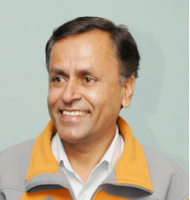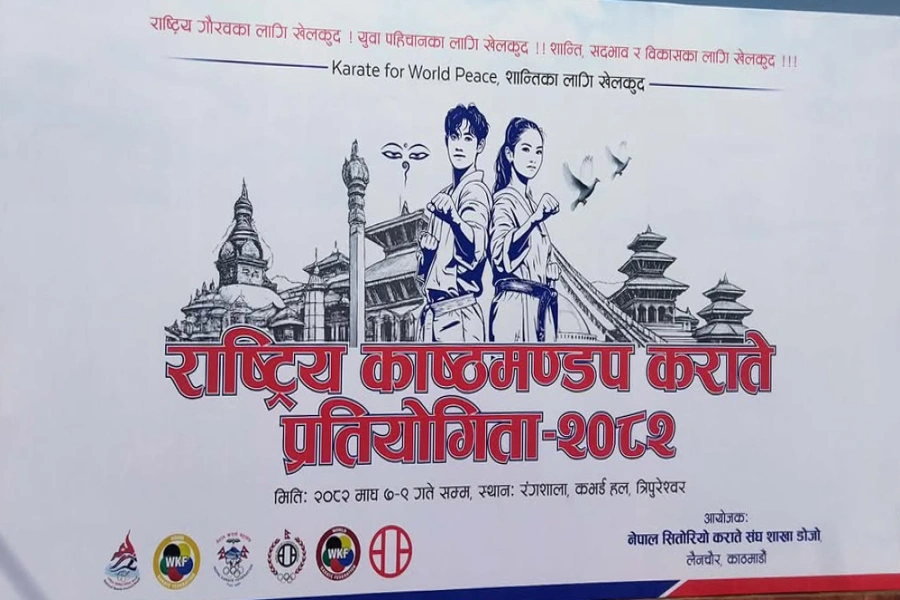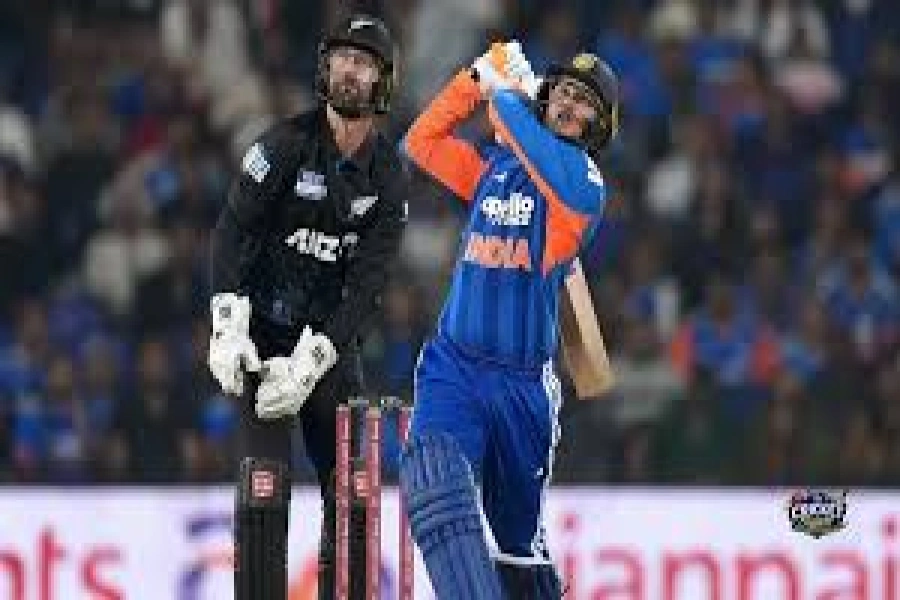No affinity for superheroes or familiarity with Marvel mythology is required to enjoy the visual spectacle that is "Doctor Strange." Being open to mysticism and the possibility of parallel dimensions might help, though.
Benedict Cumberbatch plays the title character in this origin story, where plot is secondary to dazzling special effects that invert gravity, reverse time and twist buildings like blocks in a Rubik's Cube. It's worth it to watch the film in 3-D, and on an IMAX screen if possible (as this critic did), for an immersive, almost psychedelic experience. Two spectacular action sequences in the third act are enough to justify the ticket price.
Dr. Stephen Strange (Cumberbatch) is a brilliant, arrogant neurosurgeon. He's a know-it-all about medicine and music; a materialist with an expansive apartment and a drawer full of designer watches. His commuter car is a Lamborghini, and he's speeding around curves in it when he's distracted by a text and flies off a cliff. He awakens from surgery to finds his hands shattered and held together with a series of metal pins.
Box Office: 'Doctor Strange 2' Rules Again as 'Firestarter' Fla...
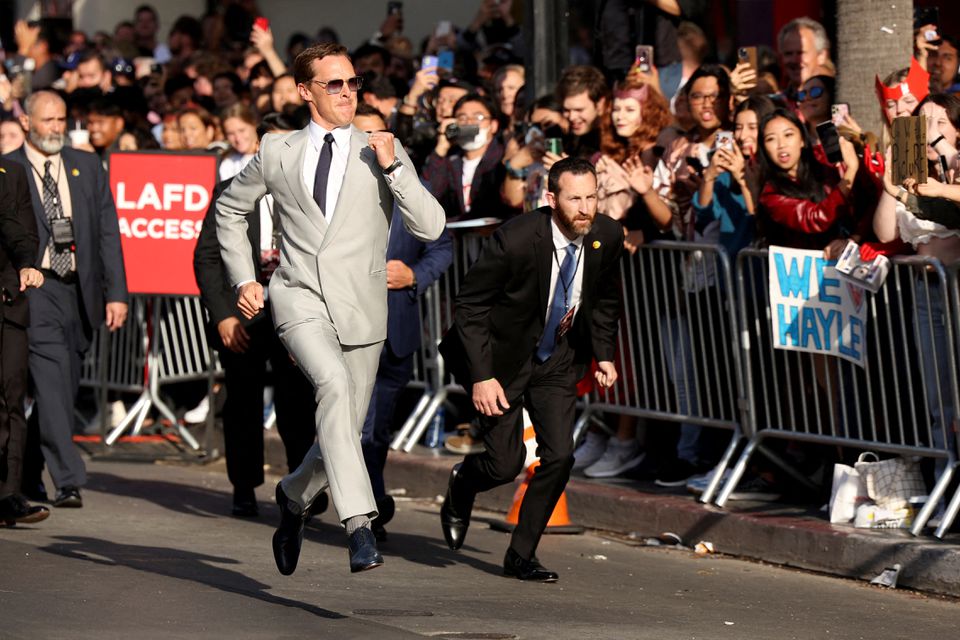
Despondent because he can't work, Strange travels to Nepal, where he believes a healer may have cured someone from complete paralysis. He ends up at a palace where he meets the mysterious Mordor (Chiwetel Ejiofor) and the Ancient One (Tilda Swinton), warriors who introduce him to magical powers and mystical realms. As a scientist, Strange dismisses their teachings ("I do not believe in fairytales about chakras"), but desperation — and a bizarre trip down a third-eye wormhole — make him a believer.
Meanwhile, one of the Ancient One's former students (Mads Mikkelsen, always an excellent villain) has gone rogue, using the mystical teachings to connect with dark forces. He and his minions believe they'll receive eternal life if they destroy the sanctums of the Ancient One's power, which are conveniently located in New York, London and Hong Kong — all dynamic settings for destruction and mind-bending magic.
Each of the city sequences look great, but the New York scenes are truly phenomenal. In the hands of director Scott Derrickson and the special-effects artists who worked on "Guardians of the Galaxy," the Big Apple becomes mesmerizingly Escher-esque: a disjointed, gravity-ignorant collection of streets and buildings.
While some of the magical elements may be far out (a levitating cape, for example), the Ancient One's messages are grounded in contemporary pop psychology and spirituality. She says things like, "We never lose our demons, we only learn to live above them," and "Silence your ego and your power will rise." Coming from a bald Tilda Swinton, it sounds more insightful than preachy.
The film addresses such sweeping concepts as death and time, but only to define the characters' motives. Some of the messages may be worth contemplating, but "Doctor Strange" is not a message movie. It is a visual delight, where the spiritual notion that not all can be explained by science allows for an "Inception"-like unraveling of reality.
Be sure to stay through the credits for two delicious Marvel "Easter eggs." One involves a massive, self-refilling beer and the other teases a possible "Strange" future.
"Doctor Strange," a Walt Disney Studios release, is rated PG-13 by the Motion Picture Association of America for "sci-fi violence and action throughout, and an intense crash sequence." Running time: 115 minutes. Three stars out of four.







